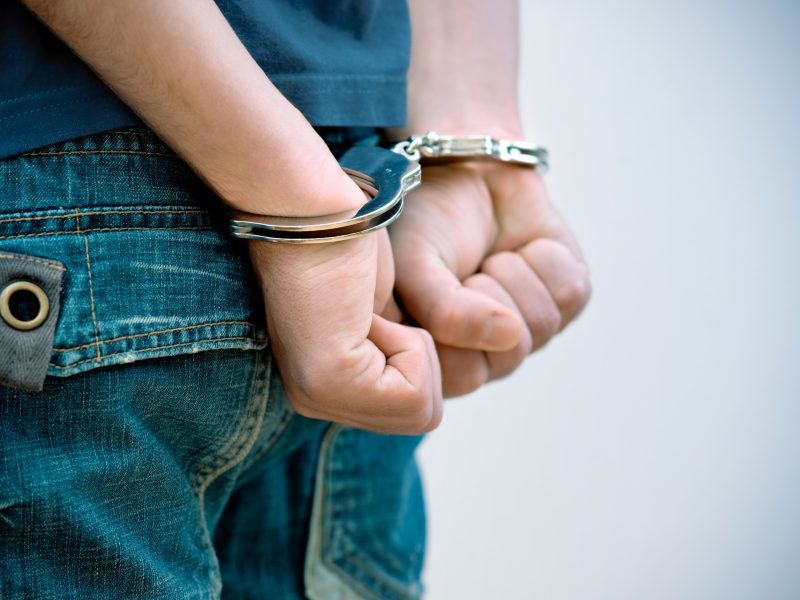Juvenile cases characteristically fall into two areas. One category involves issues with the children that commit a crime, while the other deals with parental problems, when the Georgia Department of Family and Children Services (DFCS) get involved.
Regardless of the juvenile matter with which you and your family must cope, there is no substitute for trusted legal advice and guidance to help you maneuver though unfamiliar proceedings.
Delinquency
Persons under the age of 17 at the time of their criminal offenses are treated differently from adult offenders. Although juvenile offenders have some of the same legal rights as adults, one difference is, they do not have the right to a trial by jury. A Juvenile Judge reviews the juvenile’s case and decides the outcome; judgments range from dismissal of the case to long-term confinement in a Youth Detention Center (YDC). Unlike the criminal justice system, which seeks punishment for criminal activity, the juvenile justice system’s primary goal is developing and carrying out steps for rehabilitation.
Depending on a juvenile’s age and the nature of the crime in question, a juvenile may be tried as an adult. If the juvenile court waives or relinquishes its jurisdiction, juveniles can be transferred into adult court.
The moment you are notified your minor child has a problem with the law, it is vital to retain a juvenile law attorney to obtain information about your parental rights and to protect your child’s legal rights. Do not allow the juvenile to speak to law enforcement without an attorney present.
Because of the significant amount of discretion the Georgia State Attorney has during the filing of charges against children 15 -17 years of age, it is imperative to retain an attorney who will work to keep the case in juvenile court. In the event the case goes to adult court, it is equally important to have a lawyer who understands the differences and options available in the juvenile court system and the appropriate juvenile sanctions with which to approach the court and ensure that the case is resolved with the child receiving proper sentencing.
Dependency Cases
In Georgia, when a child is neglected, abused, left without proper parental control, education as required by law or care necessary for physical, mental or emotional or morals, he/she can be found to be dependent. Any person who has knowledge of negative conditions affecting a child can file a dependency action. The Department of Family and Children Services (DFCS) may take action in dependency cases, if they receive a report or claim of child neglect or abuse. If a formal Petition for Dependency is filed in Juvenile a Guardian ad Litem will be appointed to the case.
*****PLEASE NOTE: Attorney Harrison-Walton is the court appointed Guardian ad Litem for the Ocmulgee Circuit State of Georgia (Baldwin, Jones, Hancock, Wilkinson, Morgan, Jasper, Green, and Putnam). Therefore, the Firm does not accept DFCS cases that are in the Ocmulgee Circuit.*****


